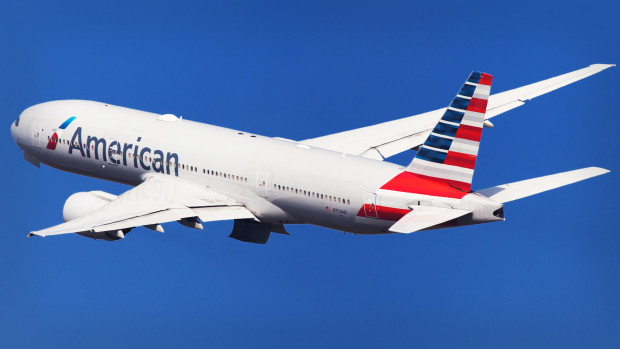
When people fly domestically they seem much less likely to check their luggage. That makes sense because waiting at baggage claim can be frustrating and turning your bag over to the airline puts it at risk of being lost.
That means that nearly every person looking to board a plane has a bag that needs to go in the overhead bin. For people with early boarding groups that's generally not a concern, but every airline handles boarding a little differently.
DON'T MISS: Southwest Airlines Has Good News For Disney and Florida
On Southwest Airlines LUV, for example, the airline has no assigned seats and board based on letter-based groups. If you have a position in the "A" or "B" groups, you know you will have access to an overhead bin that will fit your carry-on. Once you get to "C" group, however, most people realize that they may need to put their bag in an overhead compartment not near their seat.
In some cases, airlines will make an announcement requesting that passengers gate check their bags because overhead space is running out. That can be a perk on airlines that charge for baggage -- as the gate check by request is usually free -- but that's not a perk on Southwest where checked bags don't cost more.
In some cases, an airline will announce that all overhead bins have been filled and that all passengers must gate-check their bags. That's something that angers passengers forced to check their luggage and, in some cases, those passengers are further infuriated when they got on the plane and find that the overhead bins are not, in fact, full.
That's not an accident and American Airlines (AAL) -) has actually put its gate agents in a position where they're encouraged to say that the overhead bin space has been filed (even when it hasn't been).

Image source: Shutterstock
American Airlines Puts Its Employees In a Bad Spot
Even though modern aircraft are designed to have enough space for each passenger to stow their carry-on bag, airlines still want at least some passengers to check bags. That's because people are slow and they often put their bags in wrong.
Most newer planes are designed for bags to be put on the sides. Some people still lay them flat while others will put them in horizontally (which is the equivalent of parking across three spaces).
People putting their bags away can slow down boarding and some airlines will make the "gate check" announcement to speed up the process. According to a travel blogger, American Airlines gate agents, however, sometimes choose to say bins are full when they are not because their jobs depend on the plane getting out on time.
"The gate agent gets judged on getting a flight out on time. At American, they’re rated on on-time departures even when it’s a mechanical delay or lack of crew. They don’t get judged on customer satisfaction. So they err on the side of making passengers gate check bags earlier rather than waiting until bins are actually full," wrote Gary Leff on the View From the Wing Blog.
This puts gate agents in a system where they're incentivized to lie to passengers if it seems like the boarding process has bogged down. It's better for them to make the call for people to gate check their bags than have the plane take off late,.
It's a situation that also places gate agents and flight attendants in an adversarial relationship. The gate agents control the announcements but don't have to deal with passengers who see that the overhead bins are not, in fact, full.







